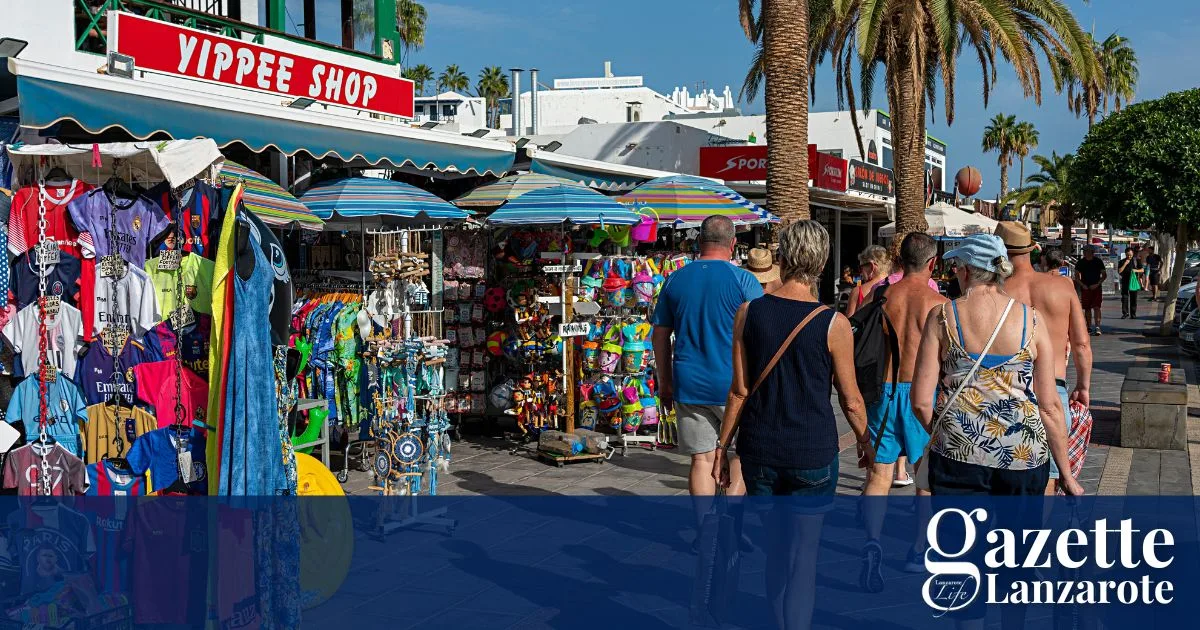

Around three million tourists arrived on Lanzarote last year, almost half of them from the UK, and there’s no indication that numbers will fall. But what can tourists expect in 2025?
NO TOURIST TAX
The Canarian Government has rejected the idea of introducing a tourist tax which could raise funds for environmental and social issues that are aggravated by mass tourism. A council tourist tax is due to be introduced in Mogán, Gran Canaria but no Lanzarote council has similar plans so far.
Tourist taxes are normal in many parts of Europe, and such a tax is one of the main demands of the protestors who took to Canarian streets last year demanding a revised tourist strategy. However, the current Canarian government believes it would affect the competitivity of the islands.
HIGHER ENTRY FEES
The alternative to a tourist tax appears to be an increase in the entry fees to tourist attractions. On Lanzarote, entrance fees to the island’s CACTS (Centres of Art, Culture and Tourism) were increased sharply last year. The result has been a fall in attendance of around 16% but an increase in profits.
The policy is also being carried out on other islands. On Tenerife, for example, it was recently announced the tourists would be charged to walk to the peak of Mount Teide.
EES AND ETIAS
The new biometric Entry Exit System was postponed last November, but it is likely that the EU will attempt to introduce it at some point in 2025. The main implications for Lanzarote are that, as non-EU citizens, the British tourists who compose its principal market will have to be fingerprinted and facially scanned when entering.
The ETIAS, a visa waiver scheme that will require application online and payment of €7 per traveller for each three-year period, is scheduled to be introduced in November 2025.
TRAVELLERS’ REGISTER
The travellers’ register introduced on December 2nd, 2024, requires accommodation providers and car hire firms to provide 18 pieces of information about clients. It is slightly more complicated than existing requirements and is likely to affect the businesses involved rather than tourists, whose only inconvenience may be longer check-in times.
SUFFICIENT FUNDS
Several reports surfaced last year suggesting that British visitors would be required to show that they have access to £850 per person for a nine-day stay. Technically, this is the case, but there are absolutely no records of any British tourist in Spain ever being asked for this, and it is safe to disregard the reports until that policy changes.
AIRPORT QUEUES
Passport stamping will continue for non-resident third-country nationals including Brits until the EES is introduced. At Lanzarote, a shortage of border agents which remains unrectified at the time of writing may lead to the continuation of queues, especially at busy times.





